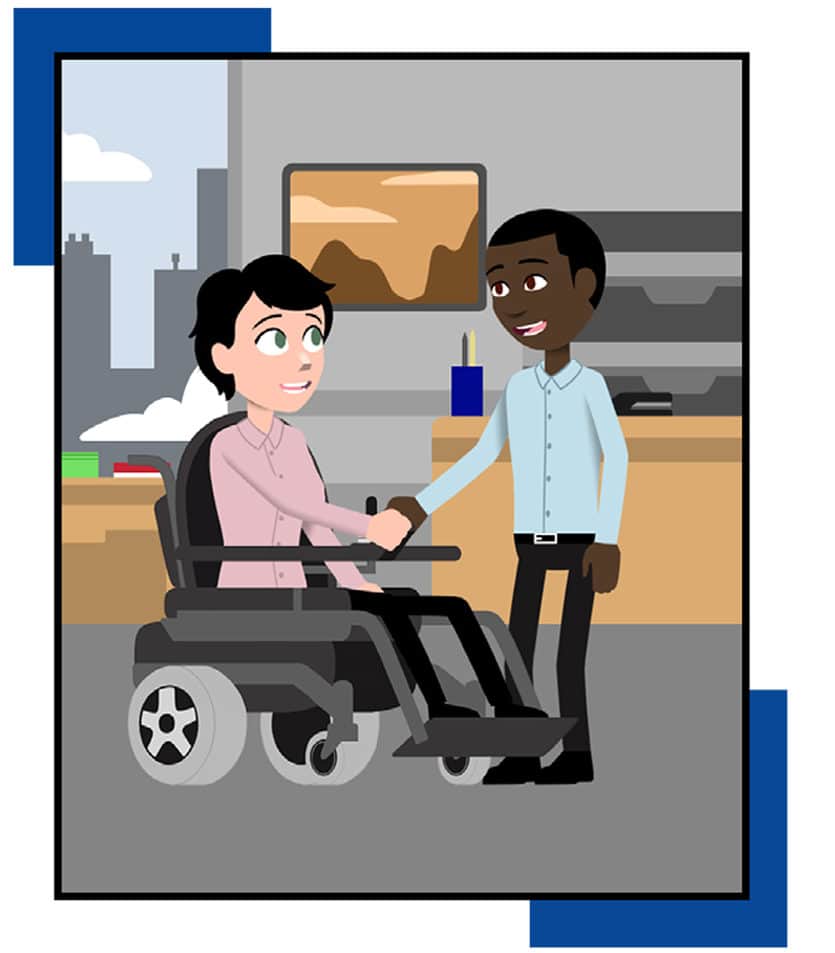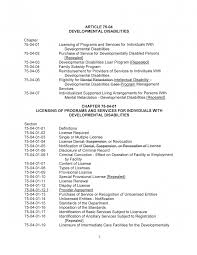The dementia home care defines disability as being incapable of engaging in any significant gainful activity. The Social Security Administration’s (SSA), disability category requires that a qualified applicant meet the criteria. The eligibility criteria for disability benefits are the time a person has been living with the disabling condition, their severity and duration, as well as the extent of loss of earnings, work opportunities, income, or other sources of income. A person must be receiving Social Security income in order to be eligible for Social Security Disability benefits. They also need to have the intention of returning to work. The applicant must be able to pay the modified payment schedule recommended and approved by the SSA.

How Federal Background checks may be helpful when applying for Social Security Disability
Social Security’s current definition of disability is: blindness, deafness or impaired mobility. It also includes any physical impairment that affects the body, such as the need for a brace to recover from a heart attack or any other impairment that significantly limits one’s ability to do the work required. For disabled individuals who are receiving SSI disability benefits, rehabilitation is one of the most important aspects of recovery. Before an application for benefits is submitted, it is important that both rehabilitation and medical services are carefully reviewed by the reviewing agent. Rejection of a SSI application for disability benefits can be very stressful. Mistaken medical treatment can have serious consequences.
How Federal Background checks may be helpful when applying for Social Security Disability
Medical professionals involved in disability claims often need extensive training before they can evaluate the medical and psychological aspects. Professional medical and rehabilitation counselors are very helpful in this process as they are trained to recognize the signs and symptoms of physical and psychological impairments. Many of these rehabilitation and medical specialists work with psychologists or mental health care providers. Others work exclusively with claimants. When choosing a medical professional to help you with your claim you should ensure they are properly licensed to practice medicine, and have experience in treating psychological disorders.
The majority of dementia home care determinations are made on the basis of medical sources. Experts in the field of medical evaluations are capable of conducting thorough evaluations of both your mental and physical health. These reports are often used in support of the disability determination, although they do not necessarily have to accompany such determinations. Due to medical knowledge or language limitations, it is possible for a medical source to not provide enough information to support a disability determination. When in doubt, you should always consult one of the appropriate medical sources that are qualified to conduct medical exams.
Once all medical evidence has been reviewed and the testimony has been verified by a certified medical specialist, a disability determination has been made. The specialist then presents their findings and recommends the claimant to his/her treating doctor. A DSHS approved provider of disability insurance will usually serve as the primary provider. However, in some cases, a non profit organization may be involved in the decision-making process. The ultimate decision as to who will serve as the adjudicating authority will be made by the treating doctor, if a DSHS approved third party service is involved or if a board certified physician is involved.
A “medical exam” is almost always used to determine whether Social Security disability benefits can be paid. The disability expert may decide that additional information is required or diagnostic testing is necessary in certain cases. The medical expert will collaborate with a panel consisting of psychologists, social workers, medical specialists, and psychologists. The relevant adjudicative teams will be presented with the medical evidence and testimony.
Unless they are asked by a court-martial or congressional inquiry or during open hearings, medical experts won’t normally reveal their identity or specific medical expertise. However, there are a few federal agencies that allow the disclosure of certain types of specialized training and experience. These agencies may provide documentation that is relevant to the claim. In most cases, however, such information must be submitted voluntarily through an online submission form. A person may be required to attend seminars or workshops offered by relevant agencies. These debriefings are reviewed by medical examiners regularly. These seminars or debriefings are usually only held once per year.
Many disabled citizens believe that once they become disabled they lose all rights to their own medical records. Although the law protects these private records from being disclosed without consent, many people are hesitant to make these statements because they do not feel confident in the reliability of these medical records. They may also worry about the identity theft risk that exists with using confidential medical records. Individuals who believe they are suffering due to a medical condition need to talk with a lawyer who is experienced in disability discrimination or personal injury litigation.



